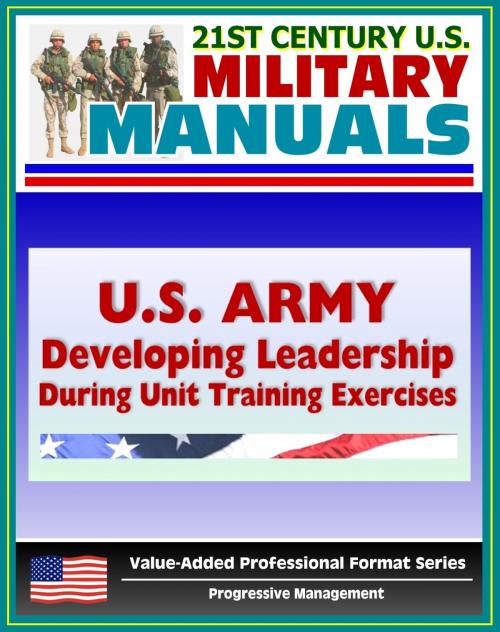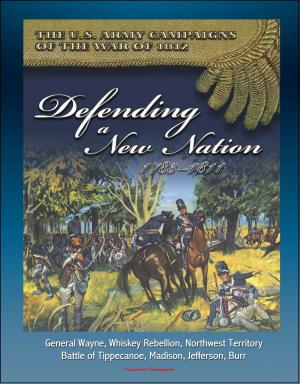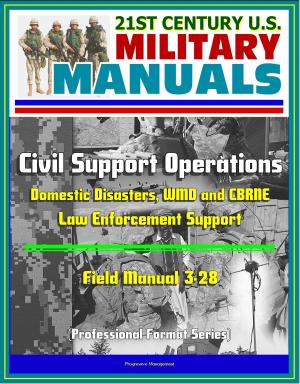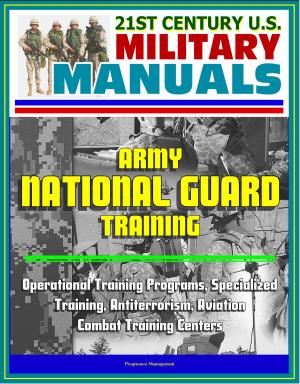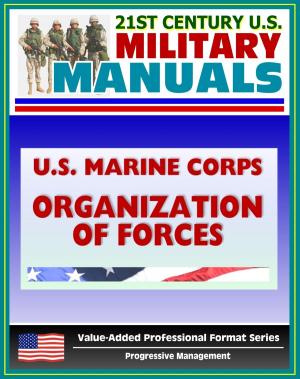U.S. Army Handbook: Developing Leadership During Unit Training Exercises, Combat Training Center (CTC) Trainers
Nonfiction, History, Military, United States| Author: | Progressive Management | ISBN: | 9781476480947 |
| Publisher: | Progressive Management | Publication: | May 9, 2012 |
| Imprint: | Smashwords Edition | Language: | English |
| Author: | Progressive Management |
| ISBN: | 9781476480947 |
| Publisher: | Progressive Management |
| Publication: | May 9, 2012 |
| Imprint: | Smashwords Edition |
| Language: | English |
Unit leaders contribute substantially to their unit's mission success or lack of success. For this reason, the Army devotes considerable resources to foster the development of leaders during unit training exercises. Whether involving with, Leader development is an important part of the job of the Observer/Trainers (O/Ts) and the leader's chain-of-command. Their first responsibility is to provide leaders with accurate observations of their leadership and its impact on unit performance. Providing leadership feedback is a difficult, yet essential part of unit training exercises. Without it, the assessment of an important contributor to a unit's mission accomplishment, namely its leadership, is left undone.
This handbook is designed to provide O/T's and leaders in the chain of the command the tools and techniques needed to identify and feed back to leaders what their leadership looks like and how it impacts Soldier performance and mission accomplishment. Armed with this information, the leader is then in a position to quickly respond and improve the leader's performance. Improved leader performance means better Soldier motivation and mission accomplishment.
Guided discovery learning is an important underpinning of the concepts in this handbook. To the extent possible, O/T's and the leader chain of command ought to leverage the many techniques and ideas for implementing the principles of guided discovery learning presented in this handbook. Doing so places the individual leader being observed in charge of his or her learning, with the O/T and chain of command in a supporting role. The use of guided discovery learning during training exercises makes the leader all the more prepared to be a self-guided learner in any contemporary operating environment.
Unit leaders contribute substantially to their unit's mission success or lack of success. For this reason, the Army devotes considerable resources to foster the development of leaders during unit training exercises. Whether involving with, Leader development is an important part of the job of the Observer/Trainers (O/Ts) and the leader's chain-of-command. Their first responsibility is to provide leaders with accurate observations of their leadership and its impact on unit performance. Providing leadership feedback is a difficult, yet essential part of unit training exercises. Without it, the assessment of an important contributor to a unit's mission accomplishment, namely its leadership, is left undone.
This handbook is designed to provide O/T's and leaders in the chain of the command the tools and techniques needed to identify and feed back to leaders what their leadership looks like and how it impacts Soldier performance and mission accomplishment. Armed with this information, the leader is then in a position to quickly respond and improve the leader's performance. Improved leader performance means better Soldier motivation and mission accomplishment.
Guided discovery learning is an important underpinning of the concepts in this handbook. To the extent possible, O/T's and the leader chain of command ought to leverage the many techniques and ideas for implementing the principles of guided discovery learning presented in this handbook. Doing so places the individual leader being observed in charge of his or her learning, with the O/T and chain of command in a supporting role. The use of guided discovery learning during training exercises makes the leader all the more prepared to be a self-guided learner in any contemporary operating environment.
